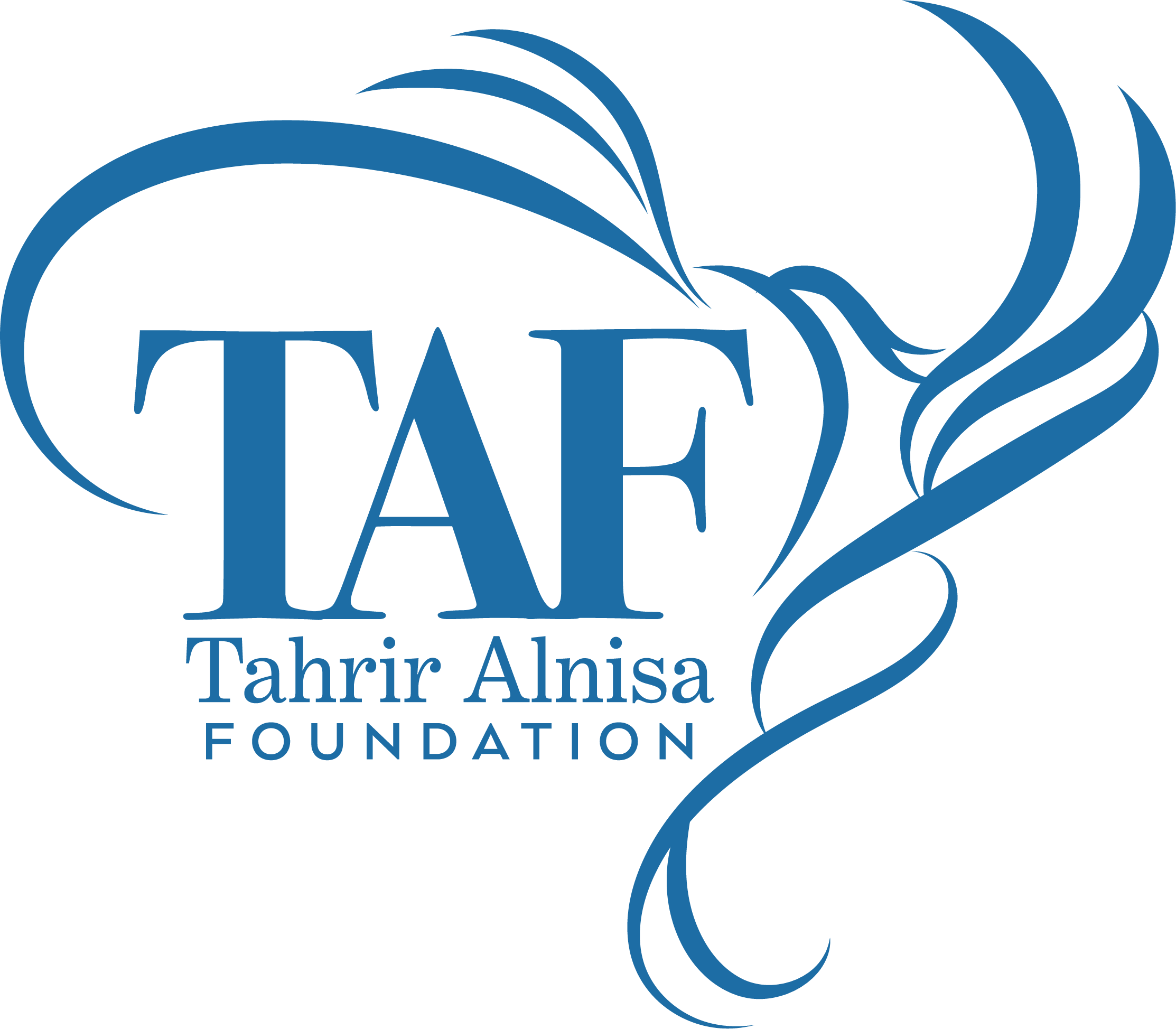Sudanese children build a “wall” this summer to protect them after the military killed their young friend.
Washington, D.C. (Tahrir Alnisa Foundation) – Just six short months ago on June 3rd of this year the world watched in horror as dozens of protesters in Sudan were massacred and their bodies were thrown into the Nile River. While America’s school-age children were enjoying their last weeks of summer swimming at the pool or hanging out with friends, school children in Sudan faced a more deadly reality. They were caught in the crossfire between unarmed protesters and the brutal military regime that still held power in this war-torn country. Decades of systematic rape, imprisonment, and seizure of property by the government of Sudan in the name of religion and “order” reached a climax when civilians, mostly led by women, decided that enough is enough earlier this year. President Al-Bashir was ousted, but his replacement “Hemeti” was nearly as bad, so the people of Sudan protested for over six months until they were suddenly ambushed by the TMC military on June 3rd, the internet was cut off, and civilians were shot in the street for simply holding up a phone to film what was happening.
Then in July an agreement was reached between the protesters and the TMC leader, Hemeti. A transitional plan was established for free elections, women to hold places of power, and the repeal of blasphemy and heresy laws. Since then Sudan has yet to hold free elections, release women imprisoned by blasphemy and heresy laws, or return land and property stolen from Christians, but progress has been made. Recently, Sudan’s interim Prime Minister Abdalla Hamdok repealed the Public Law Order which uniquely targeted women for infractions such as wearing pants. However, there are still many women in Sudan awaiting trial and imprisoned because of this public law order as well as blasphemy, heresy, and apostasy laws – laws which imprisoned women like TAF co-founder, Mariam Ibraheem, who was pregnant and sentenced to death for her Christian faith in Sudan. There are many women like Mariam who are still in prison.
This week Prime Minister Hamdok is in Washington, D.C. meeting with Secretary Pompeo, USCIRF, and other government leaders to discuss the future of Sudan and their relationship with the U.S. One of the most common frustrations we hear from people in Sudan is that Hemeti, former President Al-Bashir, and other war criminals have not been held accountable for the atrocities of June 3rd and beyond. Changing laws and holding free elections is a good start toward healing and rebuilding Sudan, but trust cannot be restored between the people and the government without significant efforts toward holding these criminals accountable for their crimes. Some level of justice must be served. This is one of the reasons TAF asked Congressman Mark Meadows to request that these sanctions be issued on Hemeti after an agreement with the TMC was reached this summer. Global Magnitsky sanctions should be issued by the U.S. against Hemeti and former President Al-Bashir as a punitive measure as well as a preventative measure against the resurgence of their influence.
This week we are rejoicing to see the changes that have happened since June 3rd, but we are also eager to ensure that this fledgling new government upholds the equality of women and the freedom of all its citizens. Prime Minister Hamdok has done well to repeal the Public Law Order, but the blasphemy and apostasy laws which imprisoned Mariam Ibraheem and so many others must be repealed. For the sake of those who fought so hard for change, we hope that the U.S. will target appropriate sanctions toward the perpetrators of past crimes until peace is truly restored.


